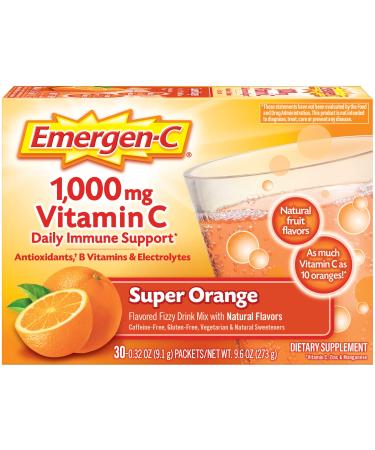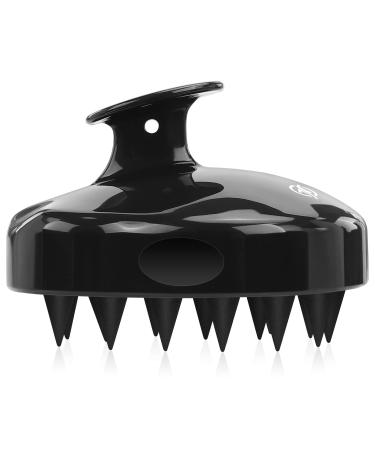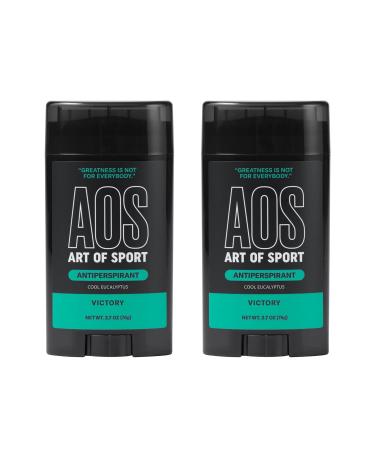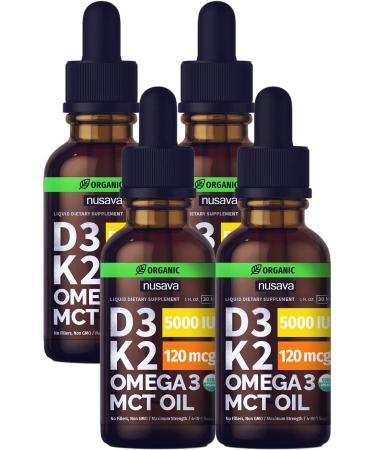The oil is odourless and colourless and has a tasty creamy taste which would make you fall in love with it.

Frequently asked questions and answers about the KETO Diet
1. What is Ketosis and the Keto Diet
The Keto Diet is based on the concept of eating fewer carbs and more healthy fats, making the body produce more ketones. Ketones produced in the body start burning fat rather than the normal process of burning glucose; putting your body into a state called ketosis. This helps in effective weight control.
2. What Foods are allowed and not allowed on the Keto Diet
Keto Diet is all about avoiding high carb foods such as refined sugar, pasta, bread and others. The preferred types of foods are the ones rich in fat and proteins, such as avocados, nuts, eggs, dairy, etc.
3. Is the Keto Diet the same as a Low Carb Diet
With Keto, you focus on fat as the energy source, whereas the focus is on protein intake in a traditional low carb diet.
4. Should I keep track of calories on the Keto Diet
The primary focus on a ketogenic diet is fat, protein and carb intake. With these in the right numbers, you will feel full faster, making few calories go into the body daily. So you need not focus on calories but count them to make sure the Keto Diet is going the right way.
5. Is alcohol allowed with the Keto Diet
You should try and avoid beer and wine while on the Keto Diet because of the carbs present in them. You can, however, choose clear alcohol without anything added to it in moderation.
5. How long can you choose to be on the Keto Diet
Keto is a lifestyle change more than a diet, so as long as you are okay with the new way of eating and seeing your physician, you can continue the Keto Diet.
6. What are macros
Macros is short for macronutrients. There are 3 main macros to know in relation to the Keto Diet, i.e., carbohydrates (carbs), proteins and fat. You can calculate them (in grams) using the info found on nutrition labels.



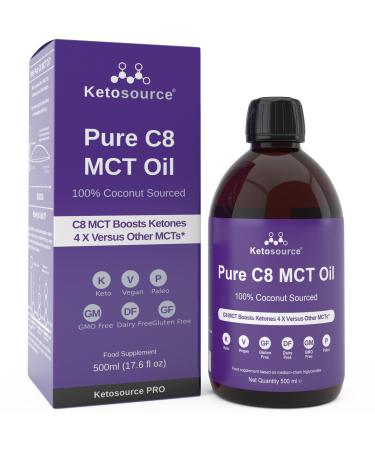

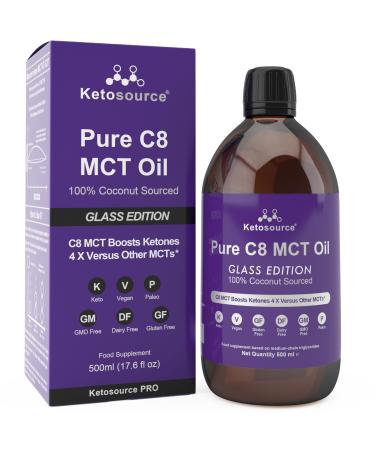





![Stewart Freeze Dried Dog Treats Made in USA [Single Ingredient Puppy and Dog Training Treats - Grain Free Natural Dog Treats] Resealable Tub to Preserve Freshness - Buy Online on GoSupps.com](https://www.gosupps.com/media/catalog/product/cache/25/small_image/375x450/9df78eab33525d08d6e5fb8d27136e95/6/1/61gwbbixarl._ac_sl1500_.jpg)
